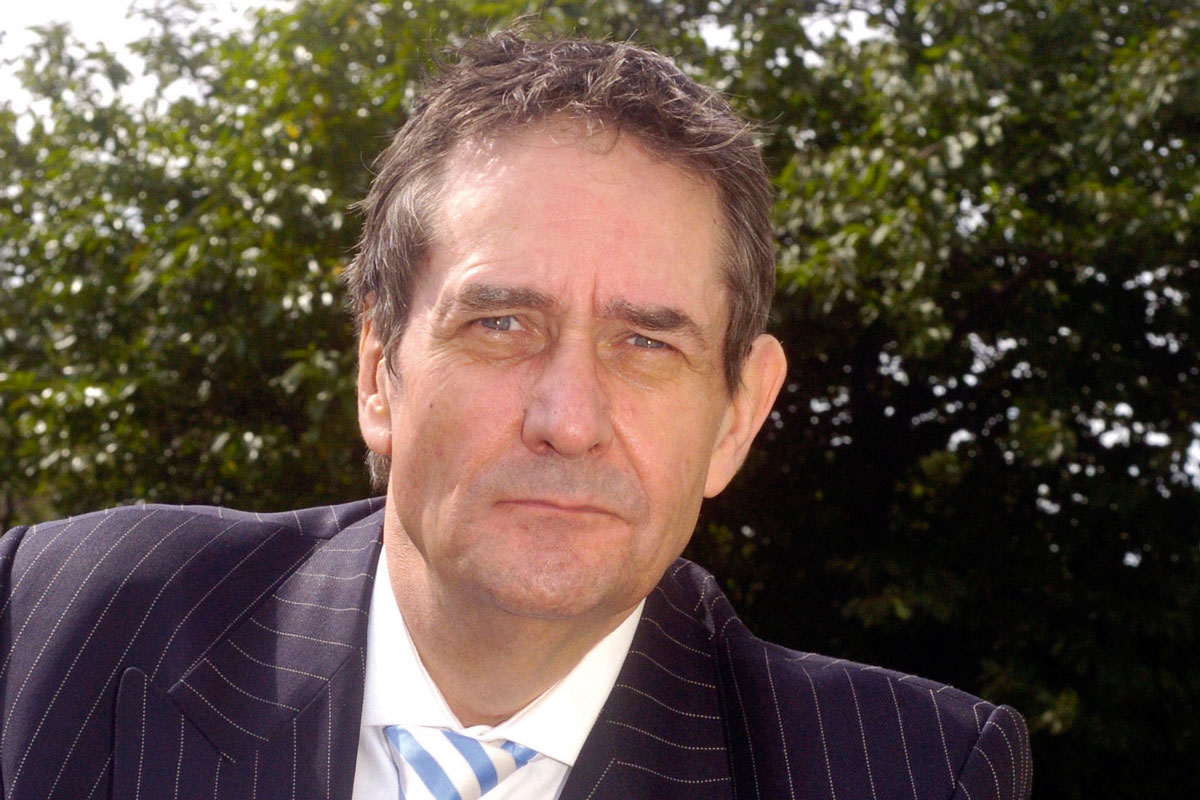 By Jack Cummins
By Jack Cummins
CRIMINAL convictions for ‘relevant offences’ and ‘foreign offences’: a very tricky part of the licensing system with plenty of traps for the unwary. Let’s start by defining terms.
A ‘relevant offence’ is one set out in a 22-page statutory instrument.
There are predictable inclusions: for example, any offence involving violence. But there are also odd inclusions such as “the performance of a play in unlicensed premises”.
Oddly, although driving a vehicle while under the influence of drugs or with an alcohol concentration above the prescribed limit constitutes a relevant offence, a refusal to take a breath test does not.
Falsely presenting or describing food or drink (an offence under the Food Safety Act 1990) is ‘relevant’ but only in circumstances where the food is or includes alcohol. A ‘foreign offence’ is one committed outwith Scotland and similar to a relevant offence.
I was involved in a premises licence application a few years ago where the client found himself over the drink-drive limit while on holiday in Spain – and details of his conviction required to be disclosed and considered by the licensing board.
How are these offences treated by the Licensing (Scotland) Act 2005? They come into play in a wide variety of ways.
For example, they require to be declared in applications for a premises licence or a personal licence.
A holder of either type of licence must notify the licensing board of a conviction for an offence no later than one month after the date of the conviction – and failure to do so is itself an offence.
A licence review may follow; more about that in a moment.
Adding to the complexity, in relation to premises licences, the offence provisions in the Act extend to a ‘connected person’.
The definition of that term is so convoluted that it’s apt to befuddle the most agile legal mind. Suffice to say that at the simplest level it includes the director of a limited company.
For cross-border operators with a large retail estate, there can be troublesome implications. Suppose an offence under the Health and Safety at Work Act is committed in an English pub. If that business is managed by a company with Scottish outlets then every licensing board must be notified of the conviction within the prescribed time limit.
When the 2005 Act first came into operation, boards had no discretion as to whether they should hold a premises licence review hearing. That produced absurd results.
It’s more than unlikely that a minor slip-and-trip accident – wherever it occurred – could by any stretch of the imagination have any meaningful alcohol-licensing implications.
Now, as a result of an amendment to the Act, licensing boards are provided with a discretion: they need not proceed to a review hearing unless the chief constable recommends that action be taken against the licence holder. That has been a really welcome development.
There are further complexities. Let’s say you’re applying for a premises licence. A while back you were convicted of a minor breach of the peace. That constitutes a relevant offence. It may not have to be disclosed because it could be considered as ‘spent’ by virtue of the Rehabilitation of Offenders Act 1974.
But working out whether an offence can be disregarded is itself no straightforward matter and you cannot safely rely on your own judgment before deciding whether you must give the board details of the conviction.
In the wings, there’s a really significant development. The section of the 2005 Act ‘protecting’ spent convictions was repealed by the Air Weapons and Licensing (Scotland) Act 2010.
The change has yet to come into effect but it could be ‘commenced’ at any time – a really retrograde move, in my opinion.
There are two central messages here. Do not rely on your own assessment as to whether an offence is ‘relevant’ or ‘foreign’; and, equally, take appropriate professional advice as to the possibility that the offence may be spent.

Q&A with Jack Cummins
Q: I’ve applied for a premises licence and expect the application to be considered by the licensing board in around two or three months. The police submitted a report to the board advising them that I’ve been charged with reset. I’ve entered a plea of ‘not guilty’ but a trial date has not yet been fixed. Do you expect that the board will take the charge into account?
A: Around 24 years ago the Crown Office issued a circular to licensing boards advising them that prosecutors were content for pending criminal charges to be taken into account when licensing applications were considered. In my view that was a bad position to adopt; so much for the presumption of innocence and the right to a fair trial. Case law was inconclusive, with one Sheriff Court appeal judgment vindicating the right of boards to consider criminal charges and another disapproving of the practice. In my experience, it’s unlikely that a board will delve into matters which have yet to come before a criminal court, especially since there’s a valuable safeguard. If a licence was granted but a conviction for an offence ensued then the board would require to be notified and a review hearing would almost certainly ensue.
Q: On a recent routine police visit to my pub the premises manager was off duty and, unusually, no other personal licence holder was working. No action was taken by the police but they did tell me to ensure that, in future, someone with a personal licence was present on the premises. Is that a legal requirement?
A: In my opinion, it is not. However, it’s not good practice to trade without the presence of a personal licence holder: it will lead to unwelcome complications if there are any problems with the conduct of the premises in such a circumstance.




















